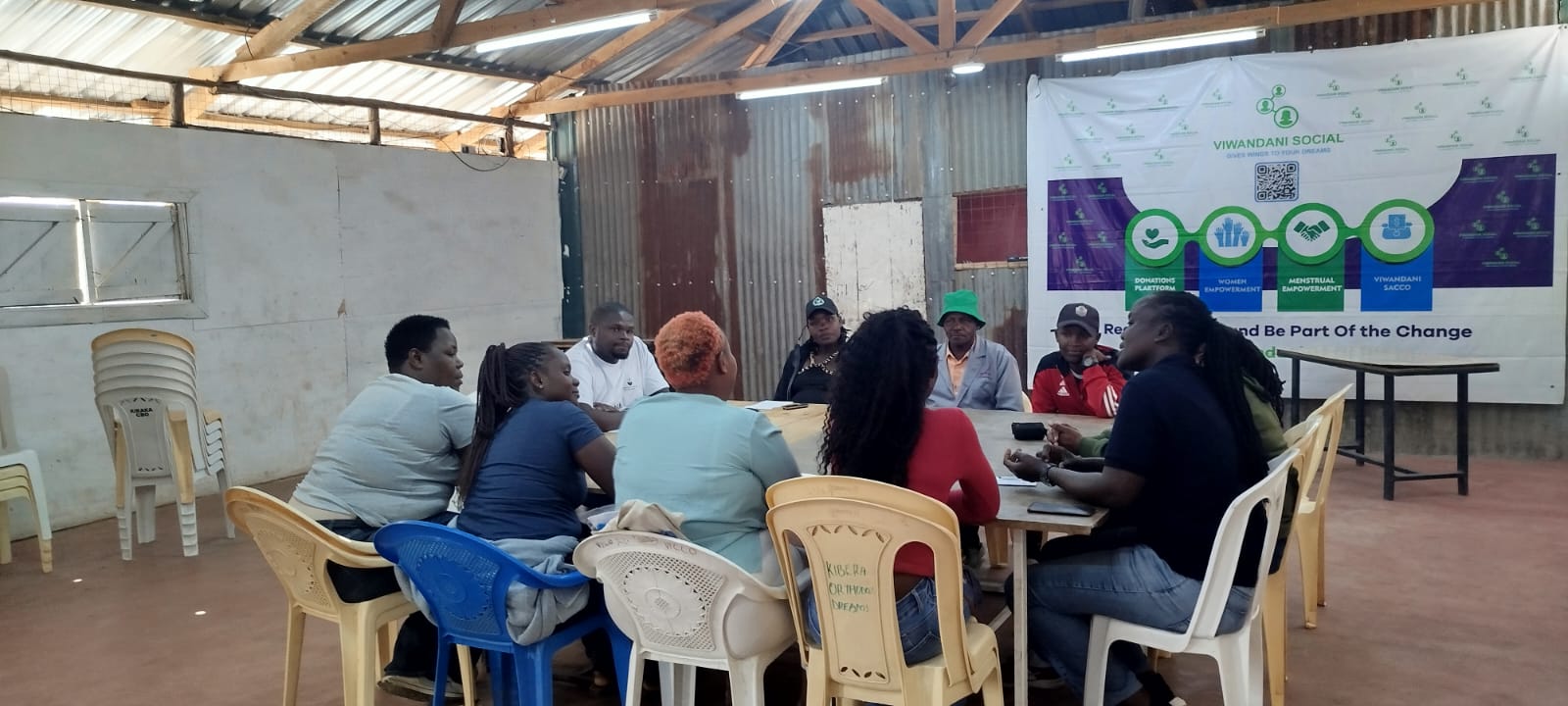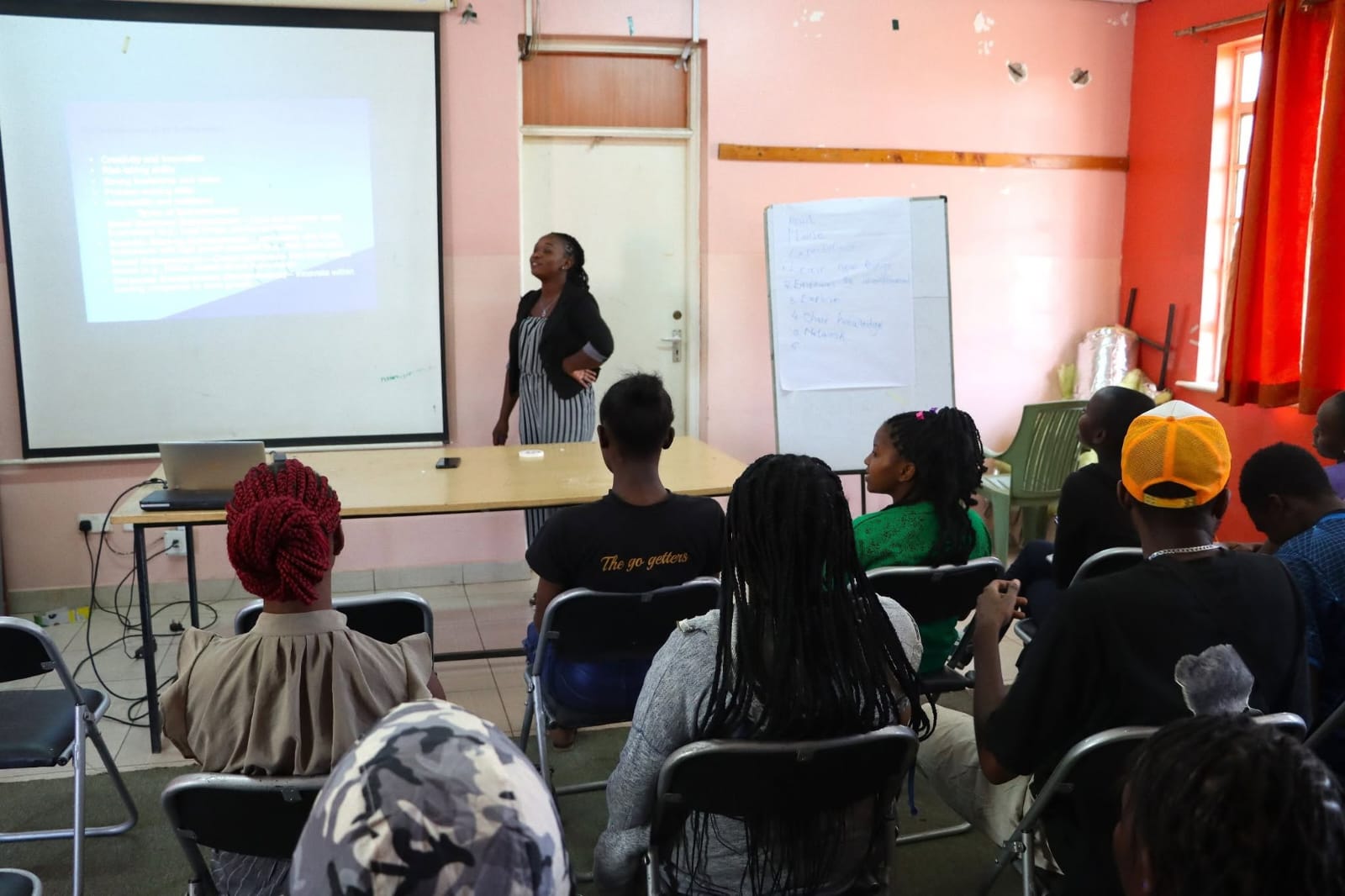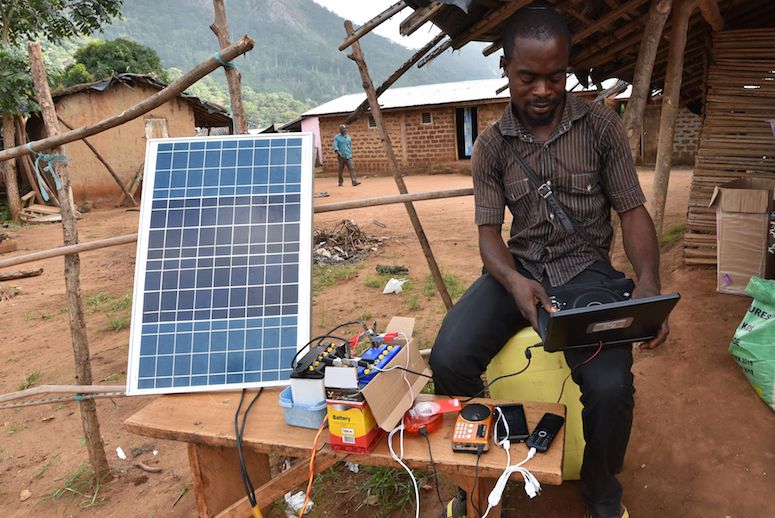FALSE: Photo does not show the drought situation in Embolioi, Kajiado County, in October 2022
MISSING CONTEXT: This video of Kenyan minister Eliud Owalo castigating President William Ruto is not from July 2023
The video was taken in September 2019 when Owalo was a Kibra parliamentary aspirant.

This video on Facebook supposedly Kenyan Cabinet Secretary (CS) Eliud Owalo castigating President William Ruto is MISSING CONTEXT.
The clip is accompanied by the text, “CS Eliud Owalo calling Ruto a thief.” It was also posted on TikTok here.
“Mimi Owalo ntasimama na Raila mtu mwaminifu, nisimame na Mudavadi mtu mwaminifu alafu sasa nitoke hapo tena niharibu sifa yangu nianze kufuata mwizi? Mimi hakuna siku mutaskia ati Owalo amefuata Ruto (I, Owalo stood with Raila, an honest man, I stood with Mudavadi, an honest man, and now should I spoil my reputation and start following a thief? There’s no day that you’ll hear Owalo has followed Ruto),” he said.
Owalo was appointed Information, Communication and Digital Economy CS on 27 September 2022 and took the oath of office a month later after being vetted and approved by Parliament.
But is the video authentic?
A Google reverse image search on a keyframe from the video led us to a similar clip that predates Owalo’s ministerial appointment.
A keyword search on YouTube provided a similar video published here in September 2019.
Back then, Owalo was a Kibra parliamentary by-election seat aspirant and was in a camp opposed to Ruto, who was then the Deputy President.
Owalo vied on the Musalia Mudavadi-led Amani National Congress party ticket, while Ruto supported footballer McDonald Mariga on a Jubilee party ticket.
PesaCheck examined a video on Facebook supposedly of Information, Communication and Digital Economy Cabinet Secretary (CS) Eliud Owalo castigating President William Ruto and found it to be MISSING CONTEXT.
This post is part of an ongoing series of PesaCheck fact-checks examining content marked as potential misinformation on Facebook and other social media platforms.
By partnering with Facebook and similar social media platforms, third-party fact-checking organisations like PesaCheck are helping to sort fact from fiction. We do this by giving the public deeper insight and context to posts they see in their social media feeds.
Have you spotted what you think is fake or false information on Facebook? Here’s how you can report. And, here’s more information on PesaCheck’s methodology for fact-checking questionable content.
This fact-check was written by PesaCheck fact-checker Rodgers Omondi and edited by PesaCheck senior copy editor Cédrick Irakoze and acting chief copy editor Francis Mwaniki.
The article was approved for publication by PesaCheck managing editorDoreen Wainainah.
PesaCheck is East Africa’s first public finance fact-checking initiative. It was co-founded by Catherine Gicheru and Justin Arenstein, and is being incubated by the continent’s largest civic technology and data journalism accelerator: Code for Africa. It seeks to help the public separate fact from fiction in public pronouncements about the numbers that shape our world, with a special emphasis on pronouncements about public finances that shape government’s delivery of Sustainable Development Goals (SDG) public services, such as healthcare, rural development and access to water / sanitation. PesaCheck also tests the accuracy of media reportage. To find out more about the project, visitpesacheck.org.
PesaCheck is an initiative of Code for Africa, through its innovateAFRICA fund, with support from Deutsche Welle Akademie, in partnership with a coalition of local African media and other civic watchdog organisations.







